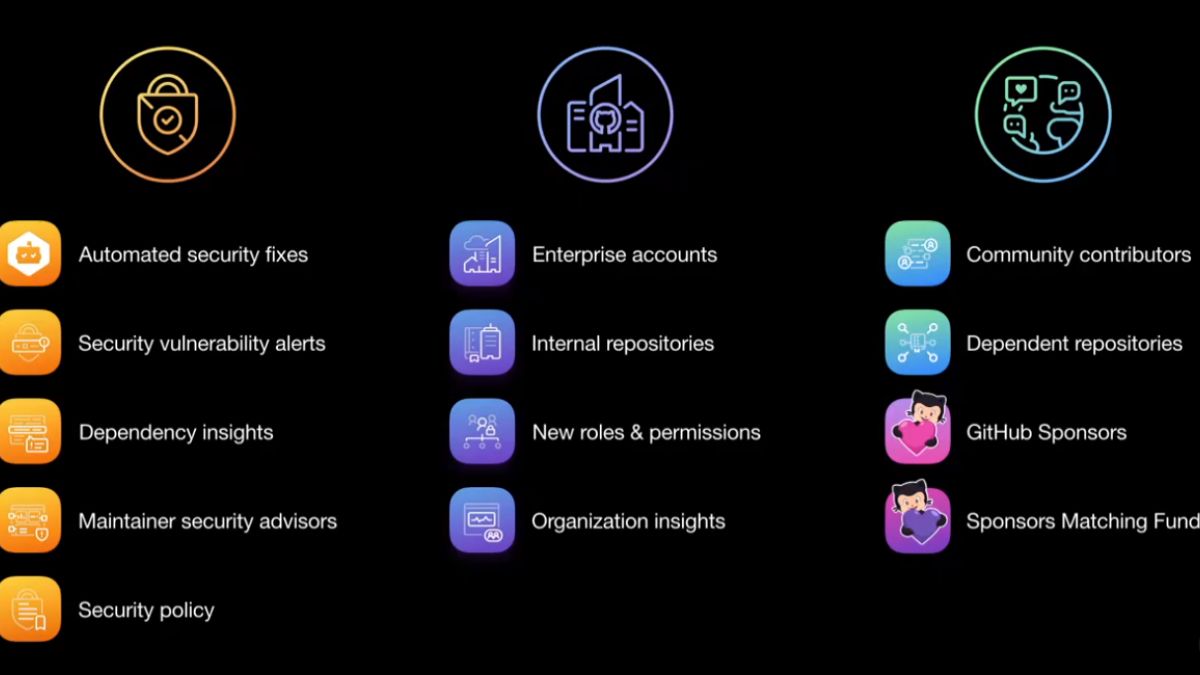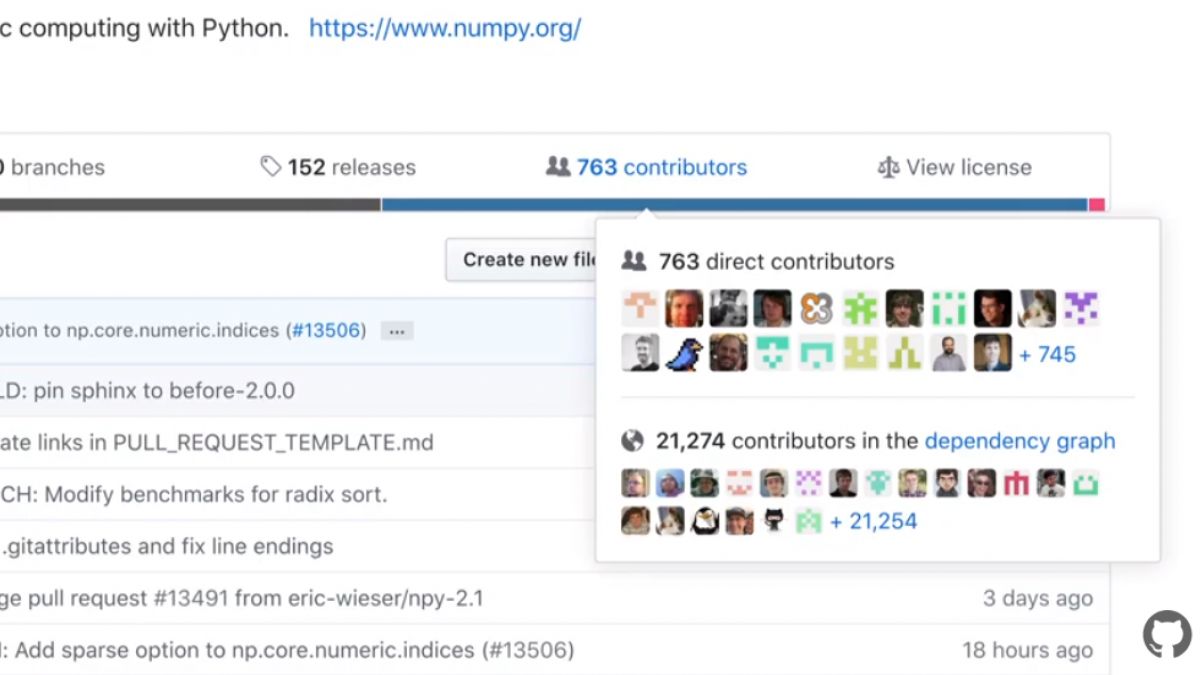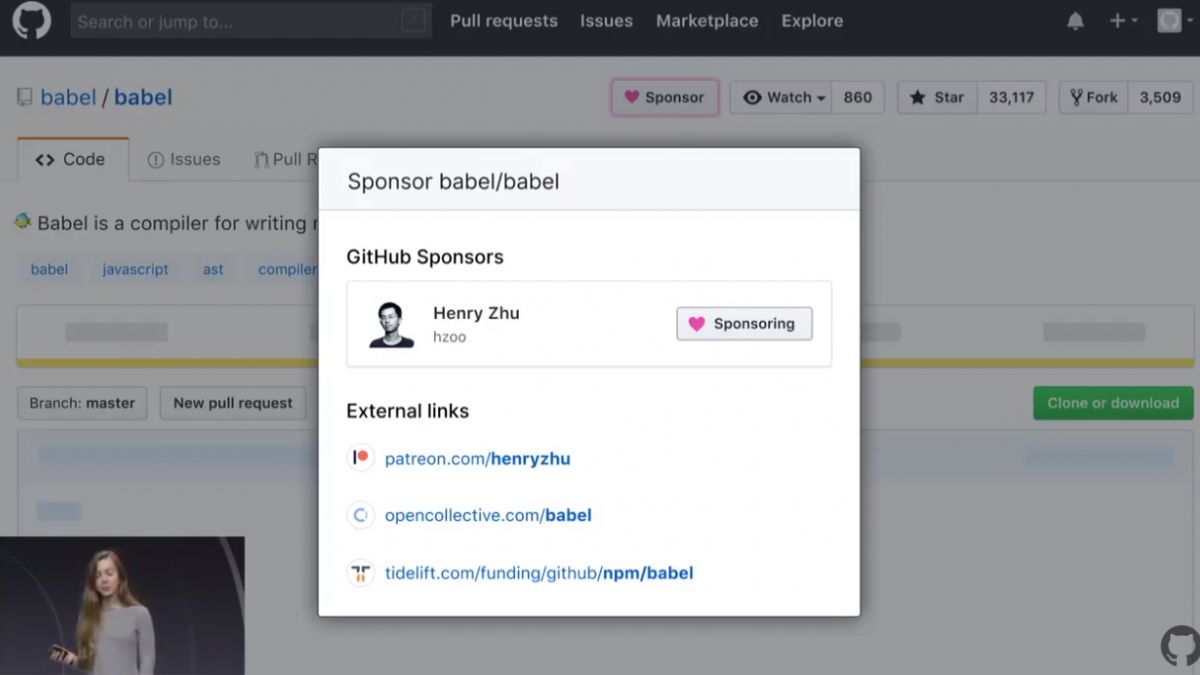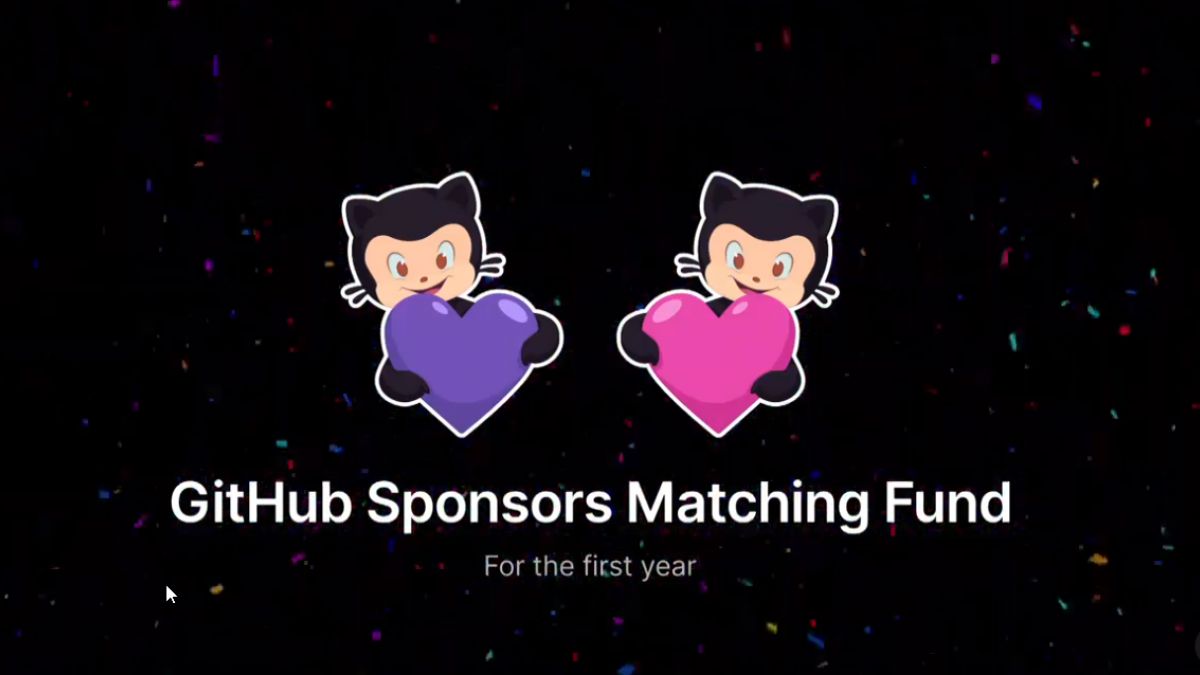When GitHub was acquired by Microsoft in 2018, the company was in crisis. Internally, its culture was toxic—and the company was struggling to ship meaningful features or improvements at all.
In 2016, I wrote about how frustrated developers, exasperated by the company's ignorance of their pleas to build better tools, took to the platform to write an open letter, a final attempt at getting someone to care.
The letter, "Dear GitHub," was a brutal look at how little the company had done to foster the giant, open community, and was opaque about what it paid attention to:
Those of us who run some of the most popular projects on GitHub feel completely ignored by you. We’ve gone through the only support channel that you have given us either to receive an empty response or even no response at all.
We have no visibility into what has happened with our requests, or whether GitHub is working on them. Since our own work is usually done in the open and everyone has input into the process, it seems strange for us to be in the dark about one of our most important project dependencies.
At this inflection point, things looked bad—and it felt like GitHub was going to disappear. There was a time when I wondered what would happen if the world's largest open source community just went out business...but Microsoft has changed that narrative in a short period of time.
GitHub, it seems, is thriving again. It just showed the fruits of that labor, and what it looks like when a company is participating in the discussion in the open, listening to the developers that know it best.
At an event called GitHub Satellite, the company unveiled the biggest set of new features in memory, all designed to address glaring problems the platform has faced for years. They're designed to help make GitHub a better place to work, and contribute to the open source community as a whole.

It started with the small stuff that matters—helping surface who's actually building the packages we use every day with new contributor and dependency tools, that show the people giving back to open source in a bigger way

Then, it moved on to the big stuff: how GitHub is building a new way forward. Starting today, there are ways to actually financially support the people building things that we use, and support the work they've often been doing invisibly for free, or for a tiny amount of donations.
Open source was always in a dangerous place: many of the things critical technology rely on come from work made available for free on GitHub, and the world's largest companies have built their fortunes atop of these projects without giving back a dollar.
Many of these contributors building those tools burn out, or simply can't deal with the load, and sometimes it goes wrong when they step back, ultimating giving the reins to someone else who may not have the same intention. Long term, it wasn't sustainable—nor was it a way to build the positive, diverse ecosystem of contributors that open source desperately needs.

The tool, called GitHub Sponsor, allow contributors to support a specific person or project directly—and the company doesn't take any sort of cut, commission or fee.
Yes, GitHub is swallowing the cost of those transactions entirely to give the creator as much of the money as possible. But, what's even wilder is that it's matching every dollar contributed in the first year, an outrageously bold commitment that's only possible with the backing of a company like Microsoft.
With a way to directly support the people behind open source work, built directly into the world's most popular developer platform, we finally have the crucial missing piece to create a healthier way forward for open source.
Most importantly, this helps to change the open source narrative: you shouldn't feel like you need to work for free, especially if companies are actually making money off of your work. Sponsorship right there on the page with the installation instructions helps pave the way for companies to actually fund the work they rely on, and that matters.

There were a slew of other announcements to push the platform forward, too, from enterprise features for "internal" packages, hosted enterprise accounts, better permissions, automated security fixes for vulnerable repositories and much, much more.
GitHub finally realized it has an opportunity—and a responsibility—to define the way we build the internet's infrastructure. It was always best placed to build a more healthy community, but never stepped up to the plate—now it has, and I can't wait to put my money behind the projects that have made my own work possible.
But, the most important thing? GitHub showed it's listening, and it's acting. Alongside Microsoft's continued genuine efforts to build the best open developer experience regardless of the tools you use, it's putting its money where its mouth is, and it's good for all of us.
GitHub's back. And it's building something for all of us again.

